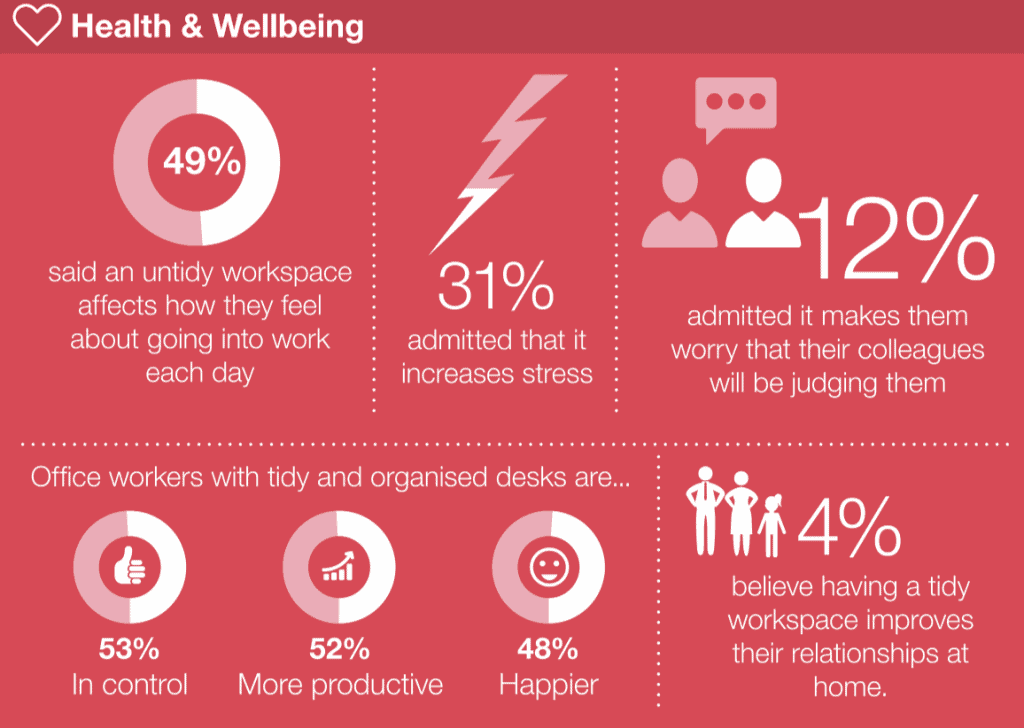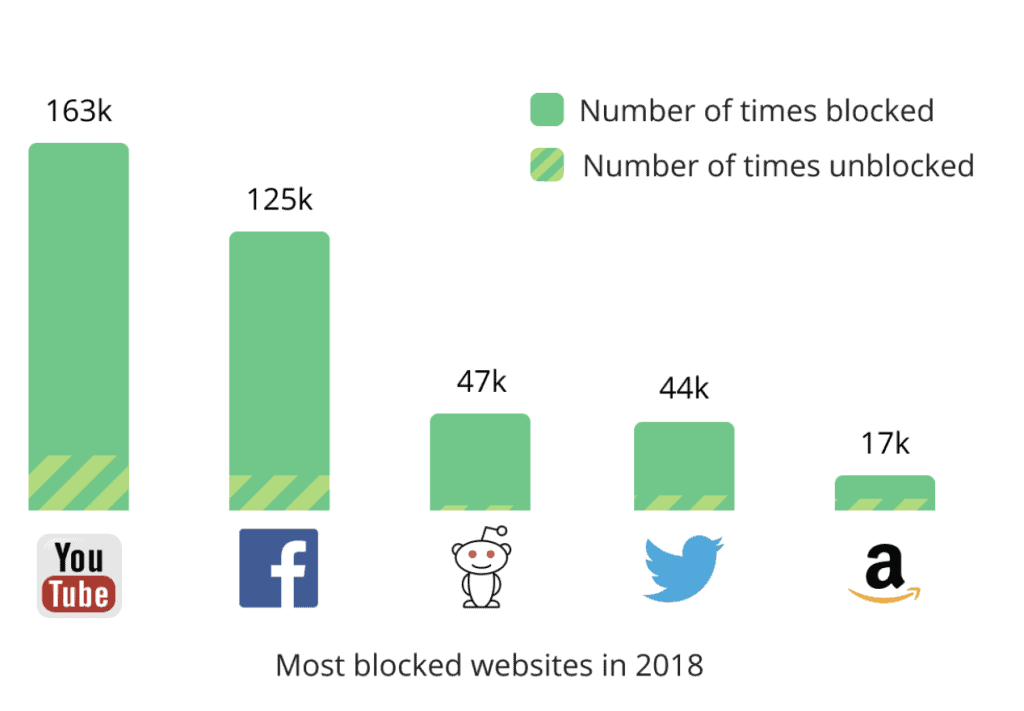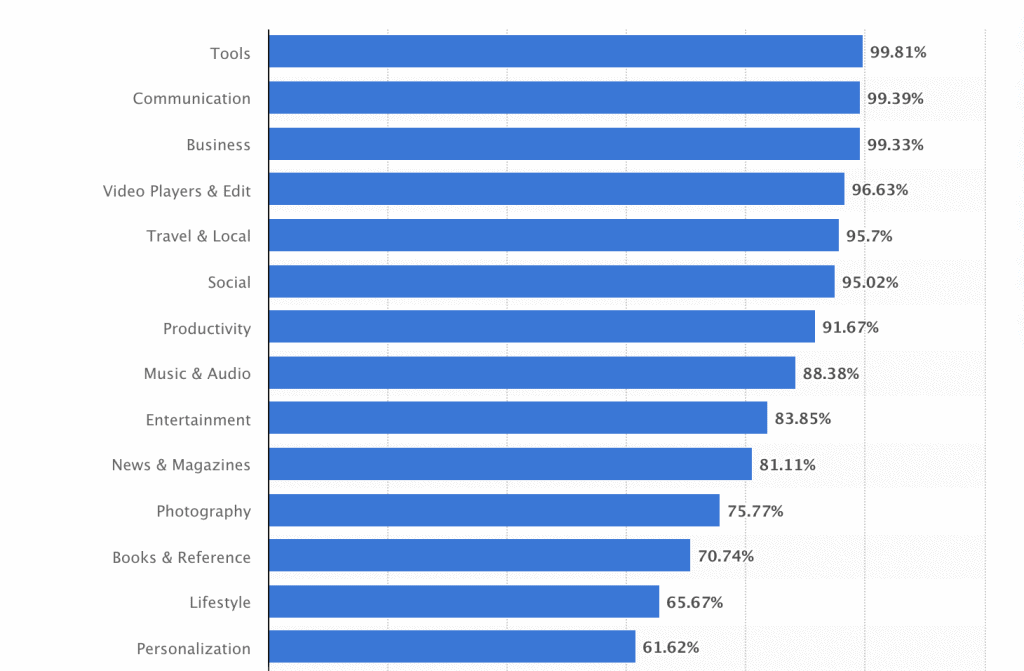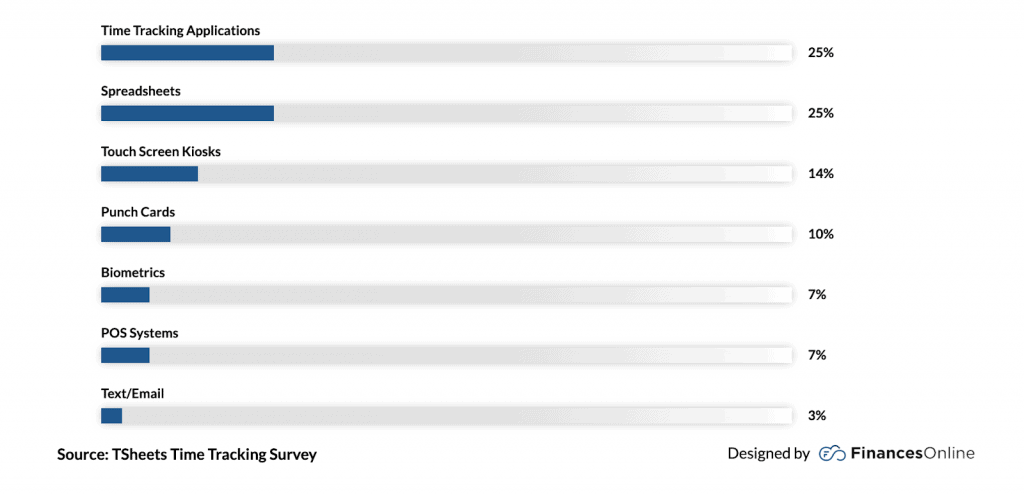Due to Covid-19 many insurance agents are selling insurance from home.
In reality, many insurance agents were already working from home prior to the pandemic.
Working from home has many great benefits however one downside is that you can become easily distracted making it hard to manage your time effectively.
This is why today we are sharing the top 10 tips on time management working from home for all you insurance agents, financial advisors, and other working professionals who are working remotely.
Time management is one of the most essential skills sought after by employers in the corporate world, whether for a remote or an office job, because of its impact on results.
Many studies have investigated the importance of time management, both its negative impacts on the business, as well as how to improve time management for increased efficiencies.
For instance, a study by ReliablePlant found 87% of college students say that improved time management skills could help them get better grades.
This is only about college students, however, the results apply to working professionals as well and most certainly to insurance agents.
According to another study by Harvard Business Review, up to 40% of our actions during the day are generated by habits and that is why changing our behavior when working from home is essential.
So, without further ado, let’s get started on the top 10 tips on time management working from home that you need to know.
Table of Contents
1. Start Your Day Early
There are great benefits to waking up early and starting your day sooner that should be considered.
First of all, everything is calmer and quieter in the morning, which can actually help find focus and concentration. You can take your time to wake up, have a coffee, breathe fresh air, meditate, or have a morning run.
Straight after, you can start catching up on emails, plan your day, and prioritize tasks or things that happened at work overnight.
Waking up early can also be useful if you’re willing to start working a little earlier. For instance, getting things ready and starting to work 2 hours before your shift, you’ll get 10 to 15 hours extra on your weekly schedule. Now, think about the number of hours worked extra that will help you achieve your goals in the long-term.
Related: 15 Insurance Lead Management Tips to Sell More Policies
Bill McNabb, Chairman of the Vanguard Group, shared his experience and said
“The quiet time between 6 and 7:30 a.m. is when some of my best work gets done. It’s my time to read, think, and prepare for the day ahead. I try really hard to preserve that time.”
2. Follow a Routine and Prioritize Your Time
Following a routine is a time management tip as important as the other ones on this list. In fact, having a routine and prioritizing your time can have massive benefits when working from home.
Make sure to start on time, to check your email at the same time, and take your breaks when planned.
A research article by Northwestern Medicine has found that people who don’t follow a routine tend to:
- be more stressed
- have poorer eating habits
- are less productive.
In fact, not having a routine can lead you to leave things undone and therefore not making the most of your time.
Miriam Herst, Beauty Editor at All Things Hair US once shared her experience saying,
“It’s easy to get caught up in work and forget to get outside and take a break from staring at the computer all day. I’ve been using my lunch break to walk to the park to get some fresh air. I come back to my at-home work station refreshed and reenergized. It’s easily my best tip for staying productive while working from home!”
3. Set Up a Dedicated Workspace and Keep it Clean
Setting up a dedicated workspace when working from home is one essential tip to time management that all of us should consider. While it is routine
A report from Clutch found that 39% of employees value a dedicated workspace such as a desk or a dedicated room and that it is vital to them to remain focused when working from home.
In addition, a study by Brother found that having a clean desk can positively impact our mental health. Employees with a tidy desk are 52% more productive and 48% happier. Also, 4% believe that having a clean and organized environment improves their relationships at home.
4. Eliminate Distractions
A study from Atlassian shows us that 2 hours per day are spent recovering from distractions. This represents 25% of our daily working life and that’s certainly a significant amount of time that you could go towards productivity.
In fact, only 60% or less of our daily shift is spent productively. This means a loss of money for companies and managers, but also a loss of time for employees and therefore more stress to get things done on time.
Another way to eliminate distractions is to eliminate the root cause which may mean blocking the websites that employees use the most.
A report from Rescue Time stated that the most popular platforms blocked YouTube, Facebook, Reddit, Twitter, and Amazon.
As you can see in the chart below, it is common for companies to block social media sites that are distracting their employees and wasting their time reducing their productivity.
Vivienne Westwood, a famous British fashion designer once said,
“The age in which we live, this non-stop distraction, is making it more impossible for the young generation to ever have curiosity or discipline because you need to be alone to find out anything.”
5. Don’t Procrastinate
Procrastination is one of the killers of any business that you should start changing as soon as you can, we’ve mentioned it in our list of insurance lead management tips.
A study by HumanResources has shown that, on average in the UK, an employee spends 2 hours and 11 minutes a day procrastinating. That is a massive portion of the day, especially if you add it up to the 2 hours per day spent recovering from distractions.
This same study from HumanResources found that employees in the IT/digital world spend on average 4 hours 2 minutes a day procrastinating.
The common ways to procrastinate when working from home are sending text messages, daydreaming, or spending time on Facebook.
A very popular quote related to procrastination was once shared by Pablo Picasso. He came up with,
“Only put off until tomorrow what you are willing to die having left undone”
This is such a powerful yet true quote that we should all remind ourselves when working from home.
The bottom line is simple, get it done. Don’t put it off.
6. Organize Your Schedule by Priorities
Those who are working remotely often times struggle with maintaining a normal schedule.
Organizing your schedule has been one of the key tips of time management for many years, and for obvious reasons. Scheduling is an art and when it’s done effectively and efficiently, it can provide many incredible benefits. There are several rules to follow to organize a schedule properly.
First of all, you should understand what you can and what you can’t achieve with the time at your disposal. Make sure you have enough time for the tasks you need to complete and the deadlines you need to meet. This is the first and essential part of scheduling that you should consider. Know your available time and schedule your daily tasks accordingly.
Secondly, plan some “bonus” time for unexpected tasks. In fact, the unexpected always happens whether it’s a last-minute request from a manager or revising a project previously handed to a client. These things always happen to all of us and planning at least 30 minutes per day is a great way to start.
Moreover, avoid taking and accepting more work and tasks than you can handle and more than what your time allows you to. Maintaining checklists and calendars will help you know your availability.
Last but not least, set clear deadlines. In fact, having clear deadlines is essential to an organized schedule even when your client or manager doesn’t give you a clear date.
Organizing your schedule is not only great for productivity, but it’s also great to improve your work-life balance.
7. Use Productivity Apps
Productivity apps are some of the most downloaded on the market and you should start using one from now on.
A report from Statista has found that productivity apps are some of the most popular among Android users with a whopping 92%.
These apps are useful not only to remind you that you have deadlines coming up, but also to write down all your appointments, client meetings, and more tasks that usually take all the space in your notebook.
The eternal Franz Kafka said, back in the day,
“Productivity is being able to do things that you were never able to do before.” In fact, productivity can make or break your day, and using apps on our cell phone can help with excellent results.
8. Do Not Multitask and Remain Productive
While multitasking is a brilliant and useful way to gain time, it can actually be a time management killer when working from home. In fact, if you don’t know how to effectively multitask, you might easily get overloaded and end up losing time. Also, while doing things one at a time doesn’t sound productive, it’s good to take your time.
Multitasking is great when multiple tasks are possible at the same time. However, a study by Harvard Business Review proved that doing multiple things at a time is in reality bad for us as we think we’re doing more. However, our productivity can actually drop by as much as 40%. They qualify multi-tasking as switching tasks and quickly shifting from one to another, making us lose time in the process.
To sum up, multi-tasking is not as great as many managers want it to be, and you should focus on one thing at a time if you want to remain productive while working from home.
9. Keep Track of your Time and Figure Out How you Spend It
There are several ways to track time and the most efficient and most popular is to use time tracking applications for both desktop and cell phones.
A study by Finances Online stated that tracking daily time at work can decrease productivity by up to 80%. However, 18% of workers said that their manager tracks time for them.
Tracking time can help you see the gaps in your daily work life and understand where you need to improve. While this is related to distractions, wasting time can also be due to poor schedule management.
Working from home can make time tracking difficult, however, start doing it and you will quickly notice great changes.
Moreover, a survey by Salary.com stated that 89% of the respondents confirmed wasting time every day at work. That is a pretty big percentage that we should all agree can be improved in our remote working life.
10. Set Short and Long-Term Goals and Prioritize Time
Setting short and long-term goals is a vital part of your private and professional life that you should always do. Goals are not only smart goals, and these are actually different from what we’ve seen above.
It can keep you motivated and make you look forward to the results that you will achieve.
The same study from Atlassian found that, on average, an employee only works 3 minutes before switching tasks.
Other than that, a popular study by Harvard Business found that setting goals can be a life-changing decision. In fact, they found that 13% of college students who had clear goals were earning twice as much as the other students.
What’s even more shocking is the fact that 3% of students who had precise and written goals ended up earning 10 times more respect to the other 97% put together.
Are you now convinced that setting clear goals to your daily working routine is a great thing?
In conclusion, having clear goals can be really helpful for your productivity. When you know what you want to achieve, it becomes easier to stay focused and organized, saving you valuable time.
And the best part is, it can also lead to financial gains, helping you earn lots of money. So, just like how you set up a savings account to secure your money, setting up clear goals can secure your success and prosperity in the long run.
The Bottom Line
There you have it, the top 10 tips on time management working from home that you should be following to be the most productive remote employee you can be.
We only have 24 hours a day and sometimes these are not enough to complete all our tasks and achieve our goals.
Obviously, it’s impossible to have perfect control over your time management and get to 0% distraction time without wasting a second of our working life.
However, it’s certainly possible to improve our behavior towards time management to remain more productive and help improve our work performance.
In conclusion, here are the 10 tips for time management working from home:
- Start your day early
- Follow a routine and prioritize your time
- Create a dedicated clean workspace
- Eliminate distractions
- Don’t Procrastinate
- Organize and Prioritize Your Schedule
- Use productivity apps
- Don’t multi-task
- Track your time
- Set short and long term goals
Follow these tips and watch your productivity and work performance increase.
Have you been working from home during Covid-19? Were you already working from home prior to the pandemic? Let us know in the comments below and please share your favorite time management tips working from home.










